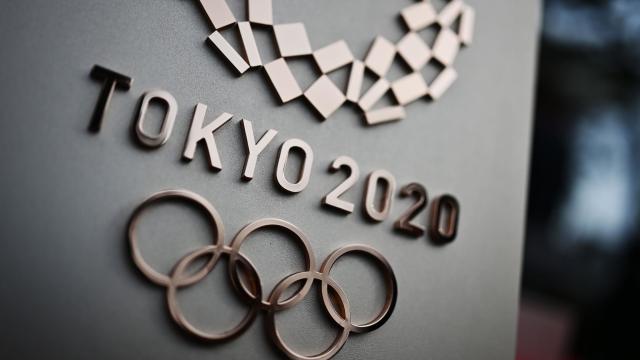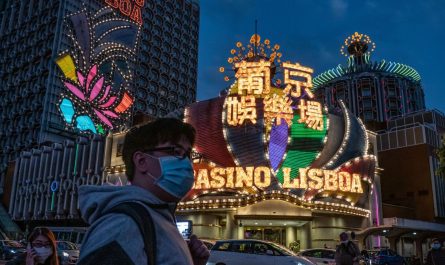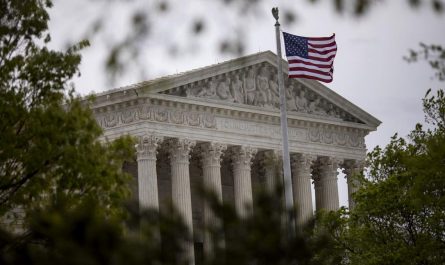The advent of COVID-19 has devastating effects of major sporting events in 2020 calendar. The Tokyo 2020 Olympics is no exception. In March, the Tokyo 2020 Organizing Committee and the International Olympic Committee agreed to postpone the 2020 Olympics and reschedule them for summer of 2021. However, this is a unique case because never before have the Olympics been cancelled because of a pandemic. Previous case studies are cancellations in wartime. And so, it has affected the organizing country, pre-qualification events, and the athletes themselves.
Tokyo Will Still Hold The 2020 Olympics in 2021
The IOC reassured participants that the games would be held in Tokyo, Japan in a date not later than summer next year. The later was after a joint consultative meeting by the International Olympic Committee, Tokyo 2020 Organizing Committee, and the Japanese Prime Minister Shinzo Abe. They agreed to the one-year postponement to allow the country to have coronavirus measures in place. The IOC President agreed with the Prime Minister of Japan that holding the Tokyo Olympics and Paralympics in 2021 will be proof of victory against the pandemic. The game will still bare the name “2020 Tokyo Olympics.” although the Olympics and Paralympics will be held in 2021. However, the Olympics will be scrapped from the sports calendar if they cannot be held between July and August 2021. The IOC has no further plans to have future Olympics scaled back a year.
Effects on Japan As the Country Plans For 2021
The prospects of 2021 Olympics are evident as the organizing committee CEO Toshiro Muto assures participants that they are putting countermeasure for COVID-19. The former deputy governor of the Bank of Japan says that now that the stripped-back Olympic Games have been confirmed for 2021, they are figuring out measure on how to keep things running for the remaining months.
The Tokyo 2020 Organizing Committee has proposed cost-cutting measures to guarantee that Olympics and Paralympics venues are up to date with coronavirus measures in addition to heat countermeasures.
Japan Preparedness for the 2020 Tokyo Olympics
After the International Olympic Committee (IOC) confirmed the 2021 dates, efforts by the local organizing committee have been evident. Among other measures, the committee is proposing cost-cutting measures. They have formulated 200 cost-saving options that would be effective in minimizing the cost of the Olympic.
Cost-saving options include the idea of merging the pre and after ceremonies for the Olympics and Paralympic Games. Reports by the Tokyo 2020 Organizing Committee affirm that they are expected to lose billions of dollars just because of the postponement. The competitions were expected to involve thousands of athletes alongside media, technical officials, and volunteer spread in 43 venues across the country. And so, they have already lost on revenues because they are not sure if fans would be allowed to access stadiums in the 2021 Olympics.
The sale of broadcasting rights, and sports commercial sponsorship is also another economically hit sector that will experience losses after the postponement.
The IOC and Tokyo organizers are still contemplating on who is to bore the additional $2 billion to $6 billion that will be incurred as a result of the postponement of the 2020 Olympics and Paralympics.
Effects on the Athletes and Other Participating Countries
The pressure on participants is rising as Japan prepares to receive thousand of athletes from at least 206 different nations. The stripped-back Olympic Games will be different in a way that it will have new rules and facilities such as possible quarantine centers for athletes or even the probability of having games in empty stadiums.
Countries and national Olympic teams are already losing players and essential commercial sponsorship. Pre-qualification periods for major Olympics calendars have also been altered to suit the Tokyo Olympics. For instance, Badminton World Federation said that it has plans of extending the pre-qualification period in early 2020 after the postponed Olympic qualifier.
In a nutshell, the health of the athletes and fans scheduled to attend the stripped-back Olympic Games in Tokyo is the top priority for the IOC and Tokyo organizers. Nonetheless, the postponement has major impacts on international bodies, individual athletes, and various economies.




